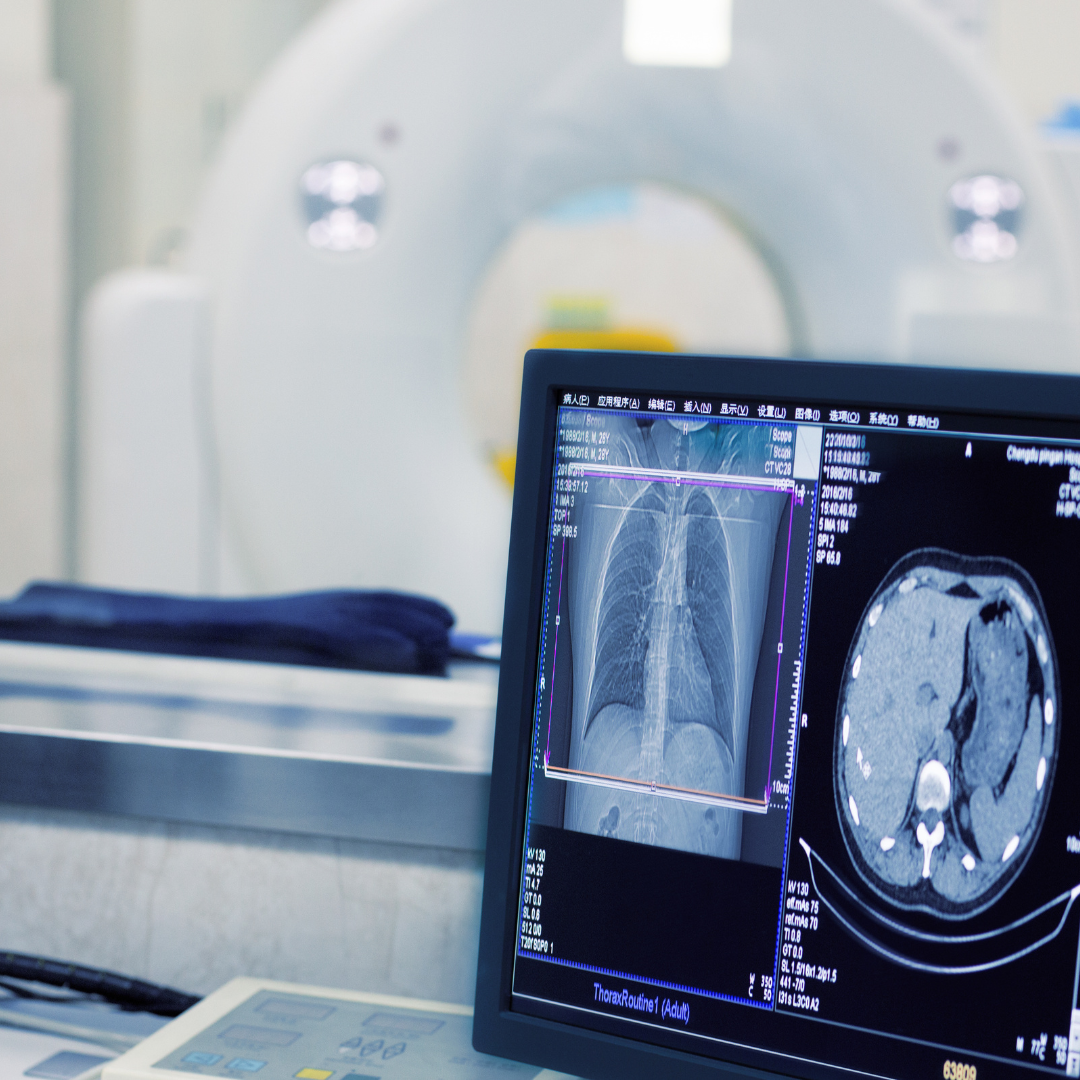The mediastinum is an area in the chest located between the lungs in the middle of your thoracic cavity. Residing inside the mediastinum are the heart, aorta, esophagus, trachea, lymph nodes, and a small organ called the thymus.
In rare cases, abnormal cells can develop in the mediastinum and a mass forms. This is known as a mediastinal mass, a condition our thoracic surgeons at CTVS are highly experienced and skilled at treating.
What is a mediastinal mass?
Mediastinal masses can develop in a variety of forms including lymphomas, thymomas, tumors and cysts. Generally, these masses tend to be benign, but up to 25 percent of them may be cancerous.
They are most often detected when a patient is being evaluated for something else, however some common signs of a mediastinal mass are:
- Coughing, wheezing, or a hoarse voice
- Difficulty breathing
- Trouble swallowing
- Coughing up blood
- Chest pressure or pain, or swollen lymph nodes
What are the different types of mediastinal masses?
Mediastinal masses are characterized by where they are located within this area, the anterior (front), middle, or posterior (back).
Examples of masses that might occur in each region of the chest include:
- Anterior: Thymic cyst or tumor, lymphoma, germ cell tumor, thyroid goiter
- Middle: pericardial, trachea, bronchial or esophageal cyst or tumor
- Posterior: spinal or nervous system cyst or tumor
What causes a mediastinal mass?
The cause of a mediastinal tumor is not always easy to uncover. Malignant, and even benign, masses develop from abnormal and rapid cell growth. Sometimes they may result from another underlying medical condition such as severe inflammation or an infection. On the other hand, mediastinal tumors may even be congenital, or present at birth, and grow in size over time with age.
How are mediastinal masses treated?
While all mediastinal masses do not have to be surgically removed, surgery is typically the most common form of treatment for a benign or malignant mass.
If the tumor is found to be malignant, regular monitoring via CT scan is recommended to ensure that the mass does not return.
“The good news is that in the majority of cases, masses do not require further treatment (such as radiation or chemotherapy) once they are removed,” shares CTVS thoracic surgeon Dr. Rachel Medbery.
CTVS thoracic surgeons are experts in the minimally-invasive robotic approach, for the most successful surgical outcomes and efficient recoveries.
More about our surgical treatment for mediastinal masses can be found here.
For questions about any of our vascular, cardiac, or thoracic services, please visit ctvstexas.com or call us at (512) 459-8753 to schedule an appointment.
Don’t forget to follow us on Facebook and Instagram and check our blog for regular updates.

